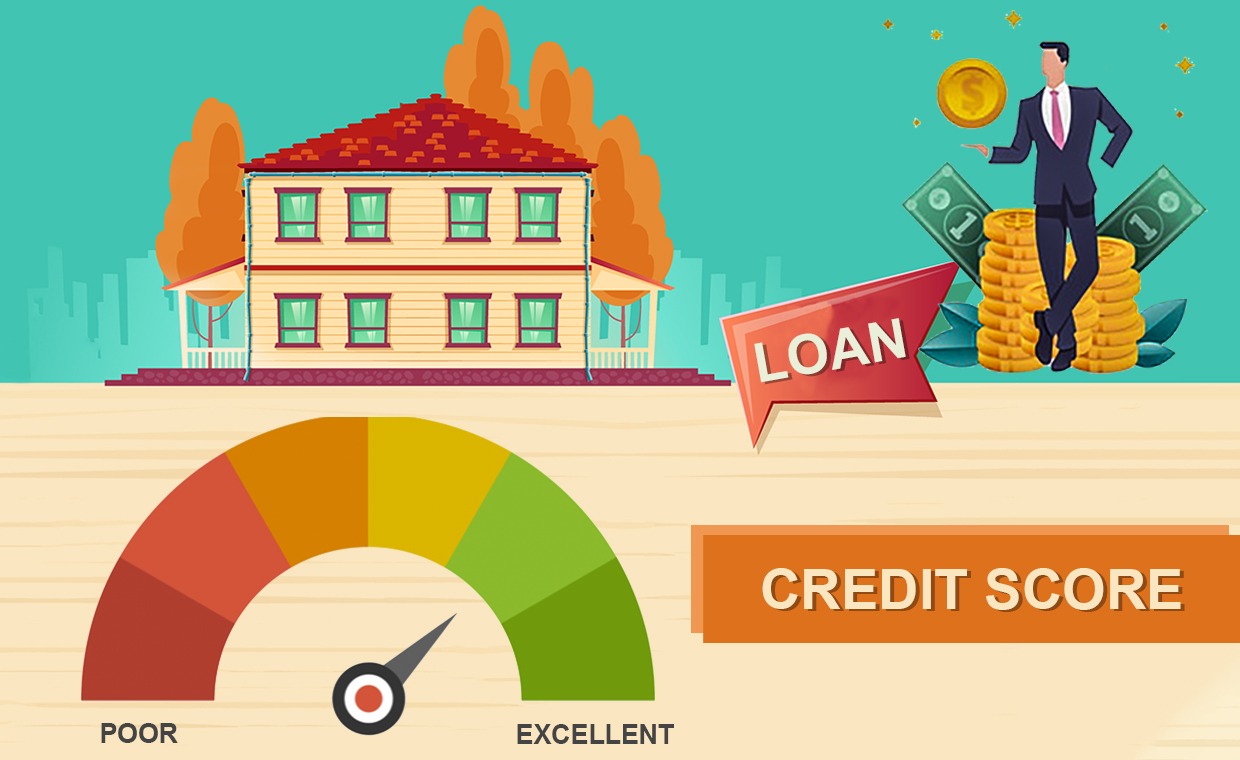For many, buying a home is one of the largest milestones in their lives. Unfortunately, navigating home finance can seem like a chore. One often overlooked, critical factor that usually determines whether or not you are able to receive a loan is your credit score. In this blog, understanding your credit score will empower you in making informed decisions and pave your way toward your dream home.
What Is a Credit Score?
A credit score is a three-digit number that represents your creditworthiness, which reflects your ability to manage debt and repay loans. Scores range from 300 to 850, with higher numbers indicating a stronger credit profile. Financial institutions use this score to evaluate the risk of lending money to you.
Factors that influence your credit score include:
- Payment History: Timely repayments have a very positive impact.
- Credit Utilization: This is the relationship between your credit usage and your total credit limit.
- Length of Credit History: The older your credit history, the better.
- Types of Credit: Having a mix of credit accounts in other words, having credit cards and loans could help.
- New Credit: Having more than two new accounts open within a short period is considered detrimental.
Why Credit Scores Matter in Home Finance
When you apply for a home loan, your credit score is a snapshot of your financial behavior. It impacts several aspects of your loan application:
- Loan Approval: A good credit score increases the chances of approval. Lenders consider you a low-risk borrower, and it becomes easier to get financing.
- Interest Rates: Higher scores often qualify for lower interest rates. Over time, this can save you thousands of dollars.
- Loan Terms: Having a good credit score may even make loan terms easier to come by, like getting a higher limit on borrowing or flexibility in repayments.
- Eligibility for Special Schemes: Certain loans, like Roshan Apna Ghar Scheme, might require your credit score to be eligible for such loans, and this scheme is for Overseas Pakistanis.
How to Improve Your Credit Score
If your credit score isn’t where you’d like it to be, don’t worry—there are ways to improve it:
- Pay Bills on Time: Late payments can significantly lower your score. Setting up reminders or automatic payments can help.
- Reduce Credit Card Balances: High credit utilization negatively impacts your score. Aim to keep utilization below 30%.
- Avoid Opening Too Many Accounts: Hard inquiries from multiple loan applications can temporarily reduce your score.
- Check Your Credit Report: Mistakes can happen; review your credit report and dispute incorrect information regularly.
- Keep Old Accounts Open: Closing old accounts reduces the length of your credit history and lowers your score.
Credit Scores and First-Time Home Buyers
For first-time homebuyers, understanding your credit score’s role is crucial. Many believe they need a perfect score to secure a loan, but that’s not true. While higher scores are advantageous, lenders often accommodate borrowers with less-than-perfect scores, offering solutions tailored to their financial situation. A good credit score can work as an add-on for getting more eligible and hence the smooth processing along with better terms.
Debunking Credit Score Myths
There are so many myths related to credit scores. Let’s bust a few myths here:
- Myth: Checking Your Credit Score Lowers It
- Fact: Soft inquiries, such as checking your score, don’t affect your credit. Only hard inquiries, like those made by lenders, impact it.
- Myth: You Need to Carry a Balance to Improve Your Score
- Fact: Paying off your balance in full each month is better for your score and saves on interest.
- Myth: Closing Credit Cards Improves Your Score
- Fact: Closing accounts can reduce your credit limit, increasing utilization and potentially lowering your score.
The Bigger Picture: Credit Scores and Financial Planning
Your credit score doesn’t just impact home financing—it’s a critical part of your overall financial health. A strong score can open doors to better loan options, lower interest rates, and increased financial freedom. As you prepare to finance a home, take the time to assess and improve your credit profile.
For those looking to invest in property through initiatives like the one offered by JS Bank, known for its innovative financial solutions, offers expert guidance and support, making the home-buying journey more accessible and transparent.
Final Thoughts
Credit scores play a very significant role in home financing, as they determine everything from the approval of the loan to the interest rates. Understanding how your score works and taking steps to improve it will help you to enhance your financial health and unlock opportunities for better home financing options. Whether you are a first-time homebuyer or looking to invest in your dream property, your credit score is a valuable tool in achieving your goals.

